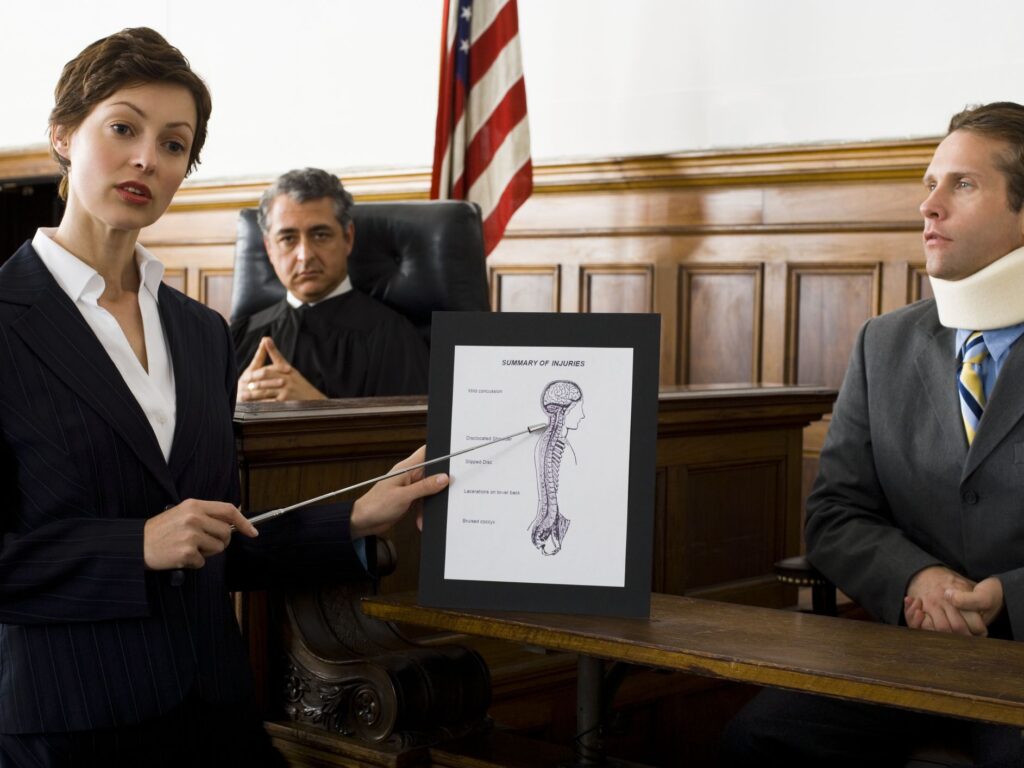If you suffered an injury in an accident caused by another person or entity, you shouldn’t have to worry about your medical bills and other expenses. But if a personal injury happens, this can result in setbacks such as lost earnings from your job. If you are a victim of a negligent party and you want to pursue compensation for your suffering, you must speak with personal injury attorneys in Philadelphia, PA to know your legal options and rights. Lost earning capacity is not the same as lost wages. Read on to know their differences:
What are Lost Wages Following a Personal Injury
After you suffered an injury, you may need to undergo medical treatment, of which extensiveness will vary depending on the seriousness of your injury. If you don’t require extensive treatment, you may not miss much work. But if you suffered moderate to serious injuries, you may need to take time away from your work as you recover. If you cannot work during this time, the income you lost out on is your lost wages.
To calculate lost wages, you and your lawyer can use different kinds of documentation to prove that you are missing time off of work. These include your recent pay stubs, bank statements, tax returns, and letters from your employer. If you have recovered and can go back to your job, you will stop losing wages.
What is Lost Earning Capacity?
If your injuries are serious enough that you can suffer from a disability, a lost earning capacity may come in. A disability could impact your ability to perform the same job duties you left behind because of your injuries. Indeed, you might not be able to work again because of a disability. When it comes to lost earning capacity, there are two possibilities to consider:
- Going back to work in a diminished capacity. If you become disabled following a personal injury, you may still be able to perform certain job duties. But you may not be able to work in the same capacity as before your injury. Thus, you may need to take a lower-paying job or work a few hours. In this case, the earning capacity you lost is the difference between the income you earned at your job before the injury and what you earn at your current job after returning from an injury.
- Losing the capacity to work altogether. If you cannot work due to your injury, your lost earning capacity refers to the income you cannot earn because of the injury. Your attorney will calculate this by considering what you would have earned over your lifetime had you not sustained an injury and if you were to work until retirement age.

